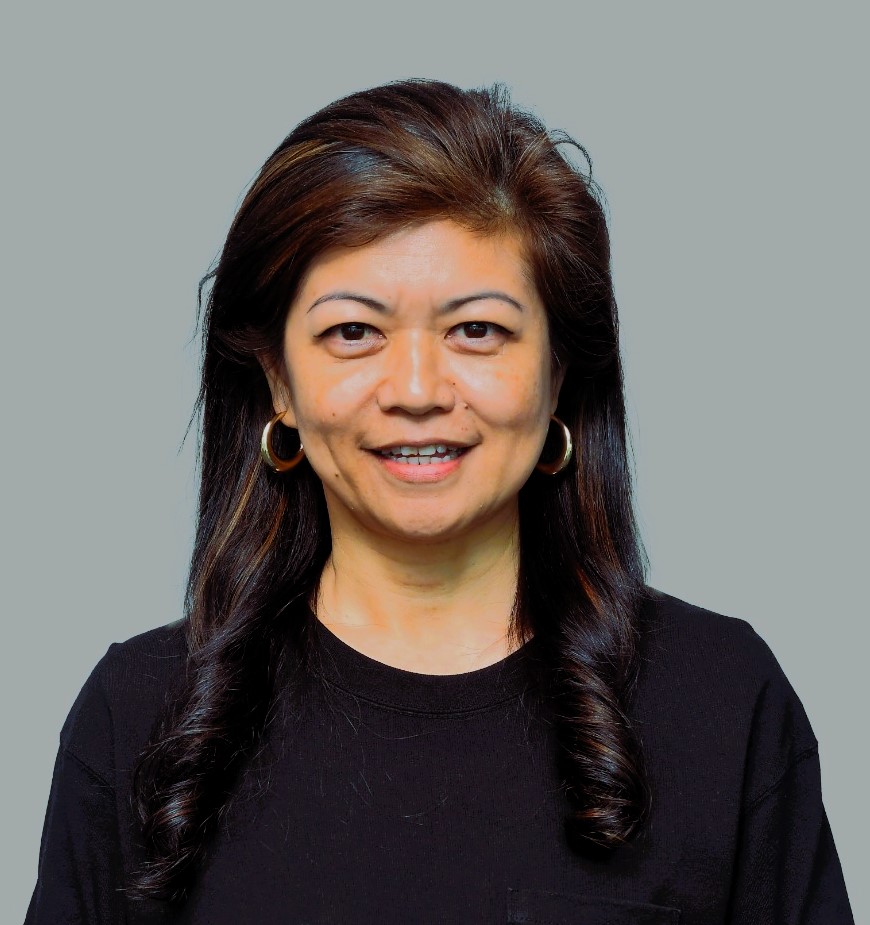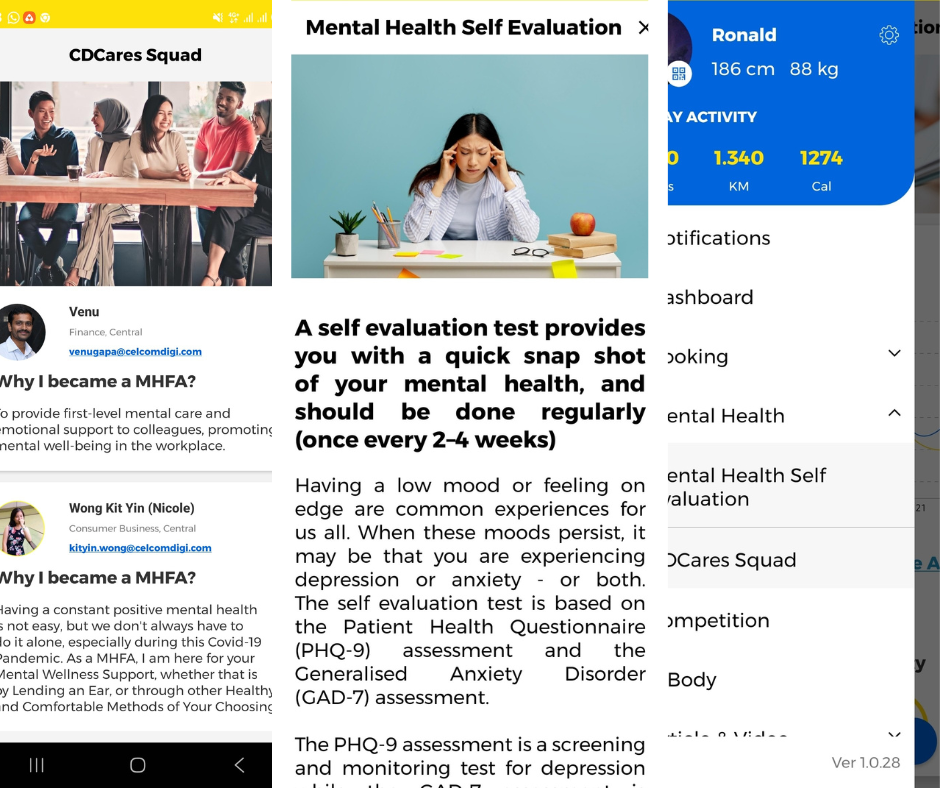Beyond Safety: How CelcomDigi Is Redefining Well-Being at Work
Beyond Safety: How CelcomDigi Is Redefining Well-Being at Work

For mobile network operators, health and safety has traditionally focused on physical safety—helmets, harnesses, and hazard signs.
But for CelcomDigi, Malaysia’s largest telcom company, Health & Safety has undergone a meaningful evolution. No longer a side conversation, mental health and wellbeing is a key part of the company’s strategy to create a truly caring, resilient, and high-performing workforce.
For Sue Ann Lim, Head of OSH, Supply Chain Management & Wellbeing at CelcomDigi, the journey into mental health advocacy began long before mental health at work came into focus. What started during her time at Digi has become a company-wide movement for CelcomDigi. “Back then, we already had strong safety processes,” she says. “But I realised—what about our mental well-being? If someone is mentally disturbed or poorly rested, that’s a safety risk too. Mental well-being isn’t a ‘nice-to-have’. It’s essential.”

“It’s not just about policies—it’s about how people actually feel at work. We want our employees to say this is a company that really cares.”
Sue Ann Lim, Head of OSH, Supply Chain Management & Wellbeing at CelcomDigi
Mental Health First: From Awareness to Action
The starting point for this journey into mental wellness began with a simple but powerful insight: physical safety and mental well-being are inseparable. CelcomDigi set out to better understand the common health issues its employee base faces. What followed was a grassroots wellness campaign to encourage physical activity and reduce sedentary behaviour. The response was overwhelming. “We had 100 seats filled in half an hour,” Sue Ann recalls. “That was our Lady Gaga concert ticket moment.”
From there, CelcomDigi became one of the first companies in Malaysia to have Mental Health First Aiders (MHFA)—a group of trained employees who act as confidential points of support across the organisation. Today, more than 60 MHFAs are available via the company’s proprietary CD Wellbeing App, along with direct links to support and learning resources.

The result? A more open culture where mental health is less taboo. “Sometimes, people just need someone to listen,” Sue Ann says. “We’ve had cases where that one conversation made all the difference.”
AI, Anxiety, and the Human Touch
As digital transformation accelerates, CelcomDigi’s commitment to mental well-being has taken on even greater urgency. Employees face increasing pressure—from AI, automation, and an always-on culture. “Some are excited about AI, others are fearful,” Sue Ann observes. “We hear people say, ‘What if I can’t keep up?’ or ‘What if I’m replaced?’”
To counter this, the company is positioning AI not as a threat, but as an enabler of well-being. “AI can actually reduce stress,” Sue Ann says. “If used well, it can boost productivity and give people more flexibility. But employees need the right mindset and support to see it that way.”
Go beyond compliance: Building a culture of care, not just policies
What sets CelcomDigi apart isn’t just the number of initiatives—it’s the lived culture behind them. Mental health support is integrated across the employee lifecycle through a structured framework called the Wellbeing Compass. From the moment a new employee joins, they are introduced to CelcomDigi’s wellness ecosystem. At every stage—onboarding, early career, transitions like maternity leave or recovery from major illness—the compass maps out tangible support: from mental health coaching to flexible work arrangements and manager training in psychological safety.
Crucially, these programmes are owned at the highest levels of the organisation. “We champion mental well-being as an integral part of who we are as an employer,” says Sue Ann. “It’s not just about policies—it’s about how people actually feel at work. We want our employees to say this is a company that really cares.”

Fortifying the Frontline
CelcomDigi is taking the concept of Mental Health First Aiders a step further. Fifteen of the most active MHFAs—including Sue Ann—are being certified in Occupational Safety and Health (OSH) Psychological Wellbeing. This advanced training will help them manage more complex cases, ask the right questions, and guide colleagues toward self-awareness and resilience.
Why the need to level up? “Because emotional labour is real,” Sue Ann admits. “Even for those of us doing the listening, it can be draining. We need to equip ourselves to remain strong, too.”

